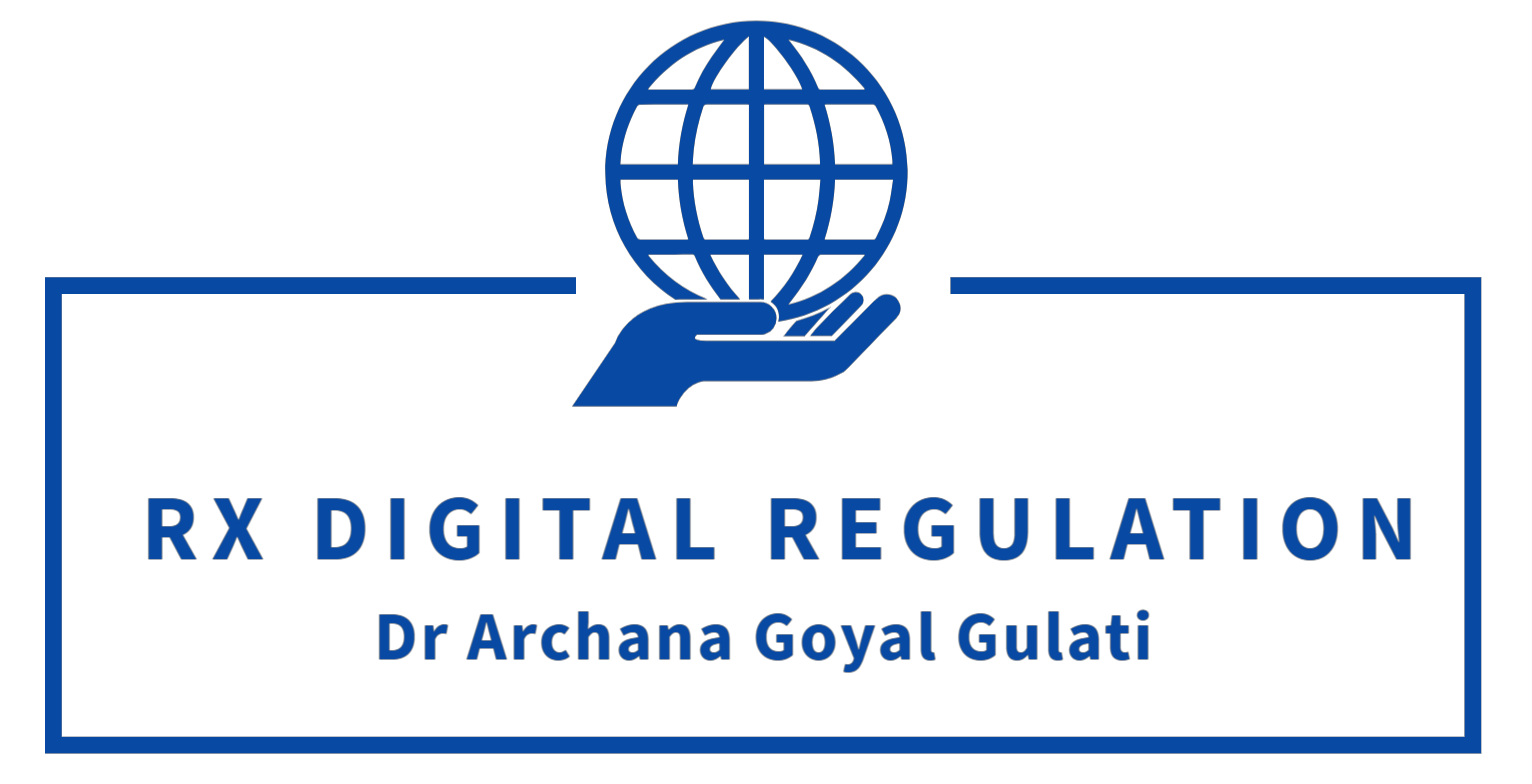
ICT and Sustainable Development-Dot-USOF Scheme for Mobile Connectivity and ICT Related Livelihood Skills for Women’s Self Help Groups
7th Convention of Grameen Gyan Abhiyan Rural Knowledge Movement, 2010
DOWNLOADS: 93
ABSTRACT VIEWS: 557
Abstract
Women represent 48% of India’s population and the sustainability of our nation’s developmental efforts hinges on their equal participation in social, political and economic fabric of the nation. Yet in spite various Government programmes to this end, Indian women continue to lag behind men in education and political empowerment. They fare especially poorly in terms of health indicators. In fact, India ranks 122 out of 138 countries and is placed below even Pakistan when it comes to gender equality. The plight of rural women is particularly dismal.
It is widely recognized that ICT can help to bridge the gender divide. ICT can empower rural women by promoting basic literacy and education, providing access to employment opportunities, banking services and markets and by facilitating their health and safety. ICT is an especially powerful tool as it can achieve these desirable outcomes in a culturally acceptable manner and can make pertinent information, services and assistance available to women within the safety of their homes/villages.
The Universal Service Obligation Fund of India can play a critical role in this regard by making ICT accessible to rural women. In keeping with its mandate, USOF has initiated a number of schemes aimed at promoting access to affordable telephony and broadband services in rural India. In recognition of the special needs of rural women, USOF has also initiated gender specific pilot schemes. One such scheme involves the provision of broadband enabled Rural Public Service Terminals to SHGs to enable them to supplement their incomes while providing banking, financial services and other broadband enabled Value Added Services (VAS) to the rural population.
In June 2007, the Gender Budget Cell of DoT and the USOF initiated another pilot project programme aimed at facilitating SHGs’ access to meaningful mobile value added services that are specially tailored to their unique requirements. Under this programme, it is also proposed to undertake pilots for provision of ICT related rural services such as solar mobile charging centres and mobile and modem repair centres which shall be run by SHGs. The primary objective of these initiatives is to enrich the lives of the target beneficiaries and to empower them through mobile connectivity, information, skills and means of livelihood.

